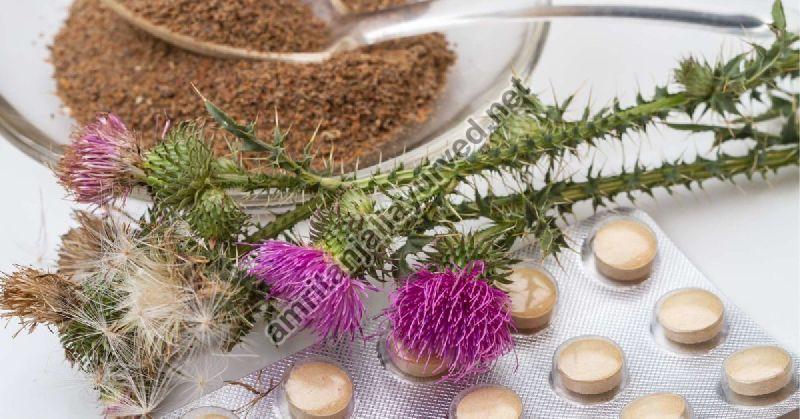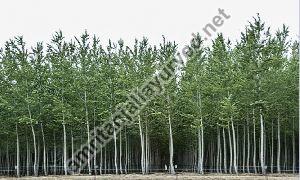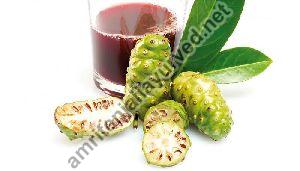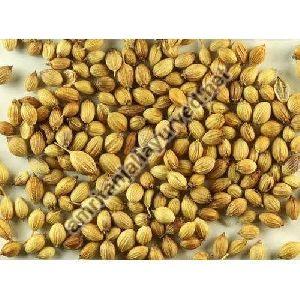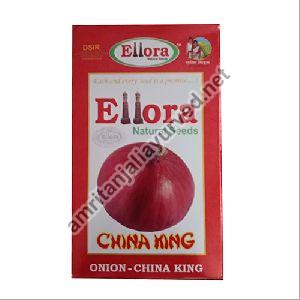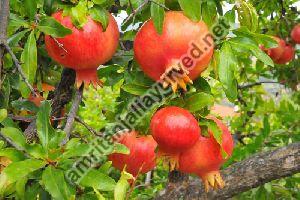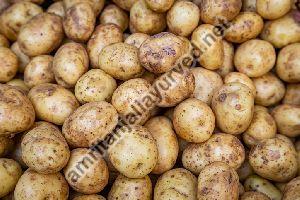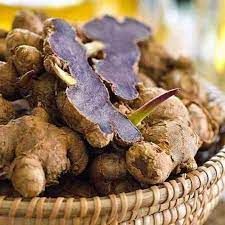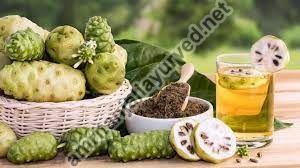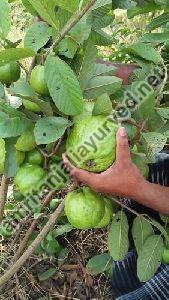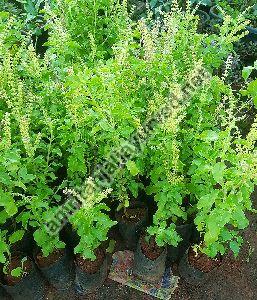Saheli Nagar, Udaipur, Rajasthan
- GST NO. : 08AAOCA7653C1ZJ
| Business Type | Manufacturer, Exporter, Supplier, Retailer |
| Botanical Name | Silybum Marianum |
| Part of Plant | Seed |
| Typical country of origin* | Turkey |
| Click to view more | |
Preferred Buyer From
| Location | Worldwide |
Product Details
MILK THISTLE CULTIVATION
Originated in Europe but also present in North America, is a hardy annual plant that can be found growing wild in rocky, dry areas. It is often considered as an invasive weed; however, due to its benefits for liver health, milk thistle has become widely popular and nowadays is a common addition to many gardens and backyards. The following growing guidelines offer valuable advise about how to cultivate and take care of milk thistle at home.
1. Preparing the Soil
Milk thistle is a hardy plant that grows well in different environments, but it prefers high temperatures and dry conditions. The only requirement for milk thistle is a well-draining soil.
2. Planting
To grow milk thistle outdoors, spread the seed directly over the desired area in the spring or fall. Milk thistle seeds only take two weeks to germinate. Since it grows in clumps, it is recommendable to space the plant 12-15 inches (30-38 cm) apart.
Plant Care
3.Watering
Milk thistle is a very drought tolerant plant and prefers dry conditions. It should not be necessary to water milk thistle unless there are very extreme conditions of drought.
4.Fertilizing
If you wish to increase the seed production of milk thistle, you can fertilize this plant with nitrogen and potassium. However, that is rarely necessary because milk thistle is a hardy plant that thrives in poor soils.
5. Harvest
The seeds are the main part of the milk thistle plant that are harvested for use. Mature seeds are ideal because of their high levels of silymarin. You will know which seeds are the most mature because they turn brown and are protected by the pappus, a circle of hairs formed from the modified calyx that appears as silvery white fluff. This particular form is found on the seeds of plants in the Asteraceae family, such as and thistle. The pappus assists in the dispersal of the seeds by wind, acting as a parachute.
When the flower have finished blooming and it is loaded with seeds, the flower head must be cut with less than one inch (2.5 cm) of stem. This operation can also be done by hand, in which case it is necessary to wear thick clothing and gloves since the plant has many very sharp thorns.
We provide Agro technology and Agribusiness consultancy through better utilization of your resources, value of your money, independent consultancy, cost effective, profitable solutions and complete satisfaction without any deviation.
Material Available
- SEED
- extract
With a proper network of buyers with us, we are able to provide returns of the farmers/cultivators who purchase the planting material from us and do farming as per our instructions. The crop/crops under buy back agreement are provided with targeted requirements. We are making farming a business which gives assured profits.
Persons interested in farming with buy back agreement will be entertained only on prior appointment basis. +91-9799931200
Looking for "Milk Thistle Seeds" ?
Explore More Products


